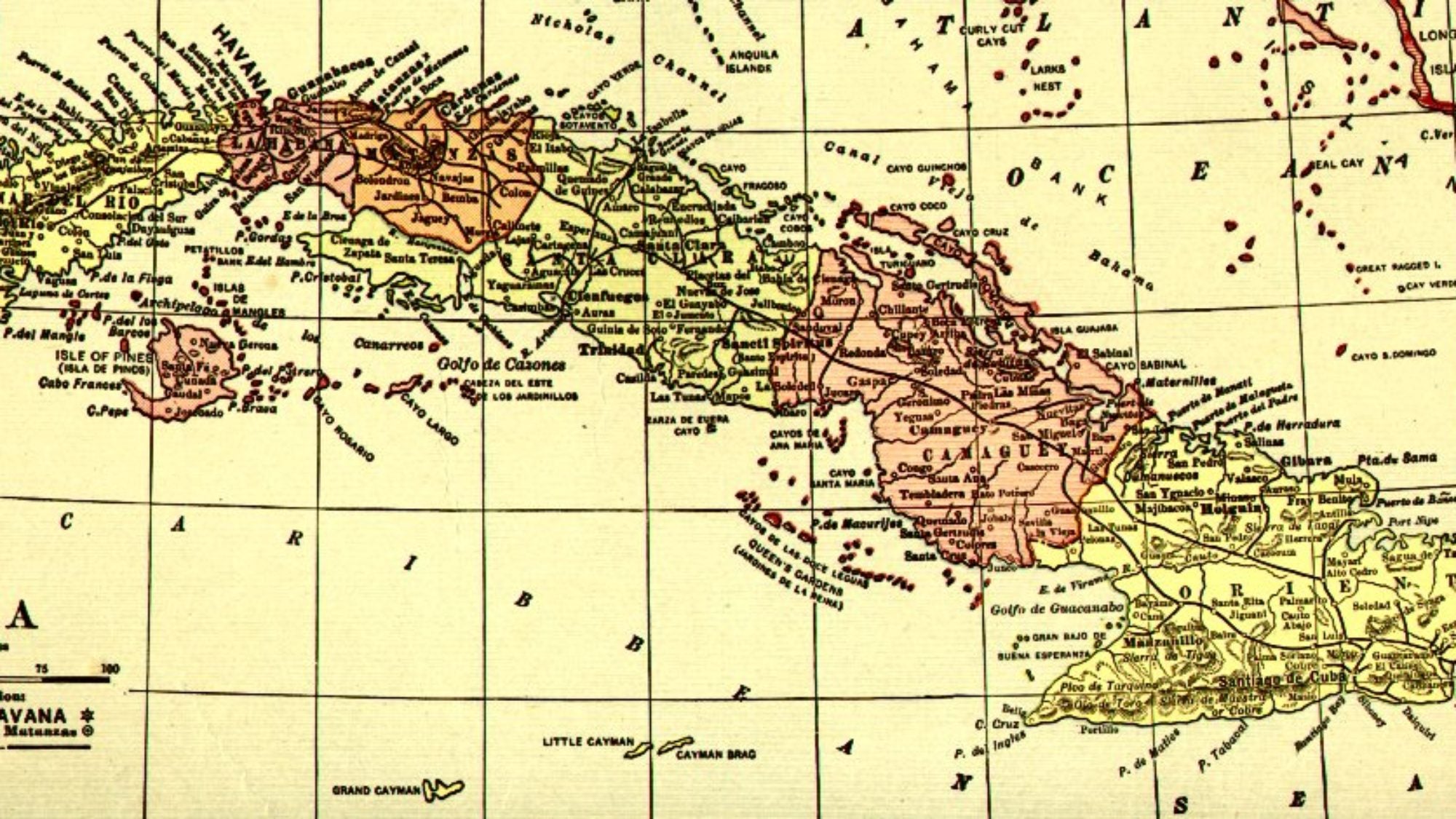
Title: H.E. José Ramón Cabañas Rodríguez on the Future of Cuba-U.S. Relations
On February 12th, the Georgetown Center for Latin America Studies welcomed H.E. José Ramón Cabañas Rodríguez, Ambassador of the Republic of Cuba to the United States, for a discussion with the Hon. Jeffrey DeLaurentis on the strengths and weaknesses of the U.S.-Cuba relationship, the impact of diplomacy on the relationship’s trajectory, and recent developments in the ongoing reconstruction of the relationship. Following the event, Dialogues sat down with H.E. Cabañas to discuss bilateral exchange, Venezuela, and the global impact of restored relations.
GJIA: You mentioned that the United States and Cuba have found a lot of common ground despite their differences. What do you think are the most important areas or sectors of exchange between the two countries moving forward?
RC: It’s difficult to order them by priorities, but it’s dependent on the impact of the exchanges on our population. For instance, the Memorandum of Understanding we signed on health is very comprehensive; we focus on four specific areas, including brain diseases, heart diseases, and cancer. If you know how many people are affected on both sides by those diseases, then you can have an idea of the meaning and the impact of that agreement. We had two memorandums on agriculture, specifically phytosanitary and animal health. We also have agreements on sea navigation to benefit the 1 million people who have traveled back and forth between Cuba and the U.S. in the last two years. We have had conversations on how to secure safe travel for travelers, and how to secure trade in our ports. All of these are quite meaningful, and there are other areas in which we would probably reach agreements if we were to have the chance to continue negotiations.
Are there any issues which you are less optimistic can be resolved?
In our conversations, both in the past and more recently, we have had issues and differences when the United States or any other country tries to impact domestic policy in Cuba, like the way we structure our government and our political life. You have programs funded by your congress to conduct that kind of foreign policy in other countries as well. We do not recognize the right of any country, be it the United States or anyone else, to have an impact on internal affairs in Cuba. There are many things we Cubans see about the United States that we don’t understand. In the United States, for example, people often talk about human rights, but for us, access to free health and education is a human right. We do have a dialogue within Cuba and with other countries on human rights. Besides the issue of involvement in our internal affairs, as long as we follow the principles of mutual respect and reciprocity, we can have a discussion about almost anything.
What lessons do you think could be learned from restoration of relations between the U.S. and Cuba with regard to Venezuela? Do you think there’s any possibility of the Venezuela situation being similar to Cuba moving forward?
It’s difficult to compare one negotiating process with another one. I do insist, however, that if you want to be successful negotiating with anyone in the world, you have to consider each other equals and respect each other’s institutions. You also must be consistent in your foreign policy. For example, the U.S. recognizes governments that are less democratic than ours, yet still has diplomatic ties and welcomes dignitaries from those countries. You can’t reach an agreement if you don’t show respect for your counterpart, if you’re not consistent, and if you don’t respect the principle of the negotiation.
How have you seen the restored relationship with the United States impact Cuba’s reception in the rest of the world, especially in Latin America?
I think it’s the other way around – that reestablishing bilateral ties with Cuba has opened doors for the United States in Latin America. As Ambassador DeLaurentis mentioned, the United States had an issue not only with Cuba, but with other Latin American and Caribbean countries too. President Obama was very open and transparent on that problem; he realized, publicly, that immediately after we reestablished bilateral ties, the United States was able to establish completely different links with Latin America. I would say the same happened with Africa and with the European Union, which as a group of countries shares many interests with the United States with regard to issues like the Helms-Burton Act. The restoration was big news for Canada as well, because we have had positive relationships with the Canadians for many years despite our differences, so for Canada especially it was big news when relations between our two countries were announced.
Disclaimer: This transcript has been lightly edited for clarity and length.
. . .
Ambassador José Ramón Cabañas Rodríguez is a veteran diplomat who served as the Chief of the Cuban Interests Section in Washington DC, since 2012. Ambassador Cabañas is a career diplomat trained in Havana, Cuba. He served as Vice Minister of Foreign Relations of Cuba from 2009-2012 and has occupied high-level posts in several countries including Canada and Austria. He also served as the Director of Consular Affairs and Cuban Resident Abroad Division at the Ministry of Foreign Affairs of Cuba. He joined the Cuban Ministry of Foreign Affairs in 1984 and moved to the North America Division two years later. He holds a B.A. in International Political Science from the Institute of International Relations Raúl Roa García in Havana.